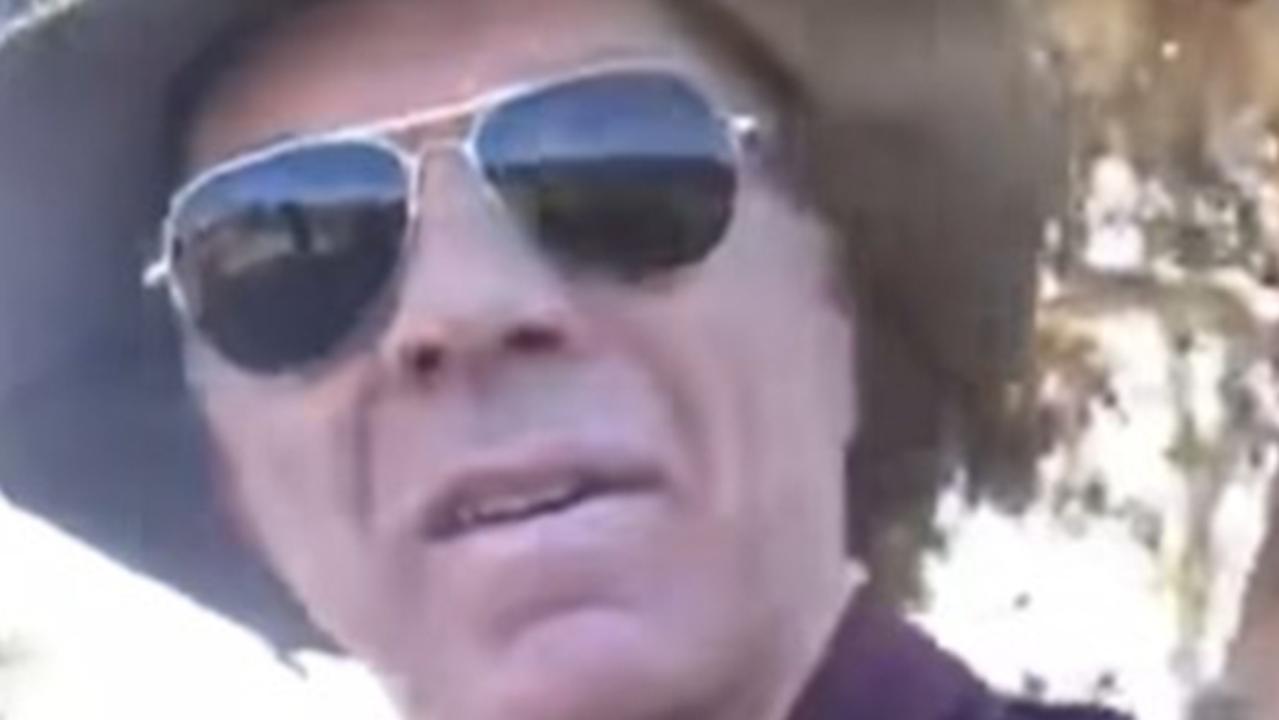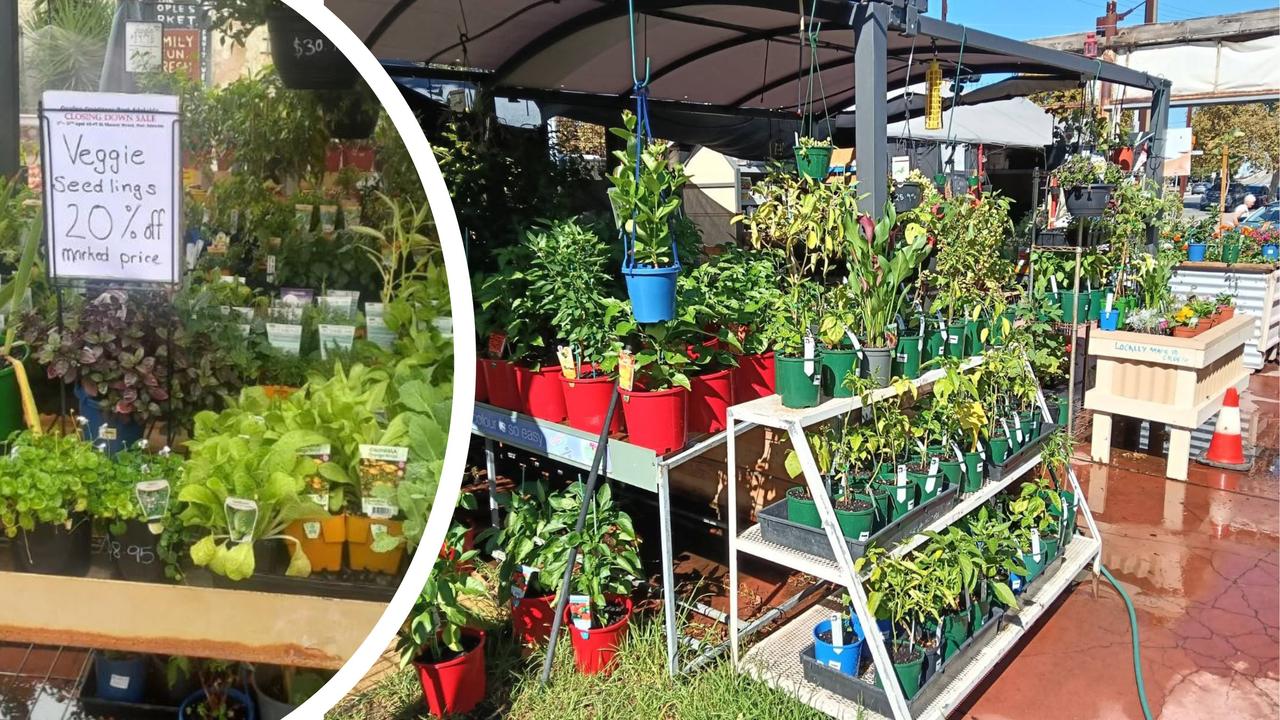Federal election 2025: The Advertiser People’s Cabinet speaks out on key issues
What really matters during the election campaign? Our People’s Cabinet has its say on the big issues facing Australians.
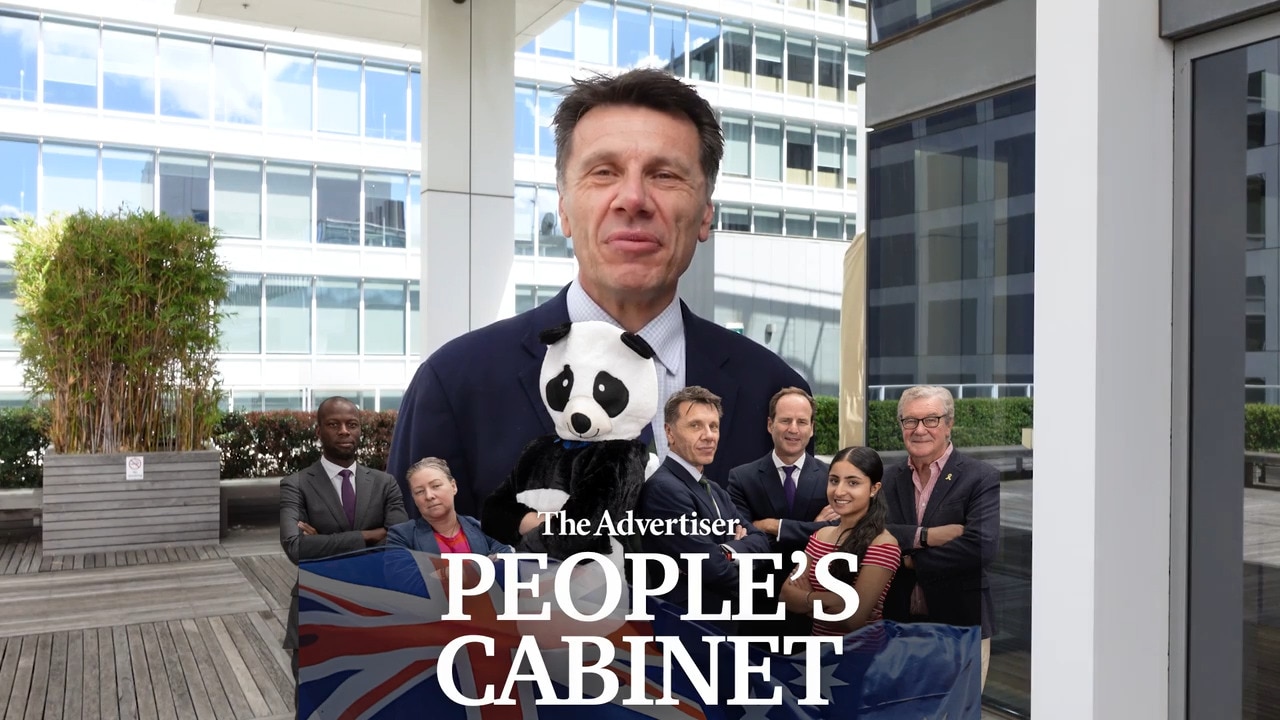
SA News
Don't miss out on the headlines from SA News. Followed categories will be added to My News.
Politicians must be more honest with the public, rather than telling people what they want to hear and making undeliverable promises, says Advertiser People’s Cabinet Foreign Affairs, Climate Change and Energy Minister Alexander Downer.
Speaking at the opening People’s Cabinet meeting, Mr Downer was asked by Treasurer Adrian Tembel about why political leaders could not properly explain the price impacts of energy policy decisions.
Mr Downer – Australia’s longest-serving foreign minister and a former Liberal federal leader – then said: “I think the public would respect the politicians if they were more honest with the public.” Small Business Minister Simone Douglas, a hotel publican, replied: “I agree.”
Mr Downer said: “I think the public would really appreciate politicians being more honest with them. But what they’re doing … they know absolutely what the public think, don’t make that mistake, they’re doing extensive polling, they find out what the public want and they go around and promise it, even though a lot of it is completely unachievable.”
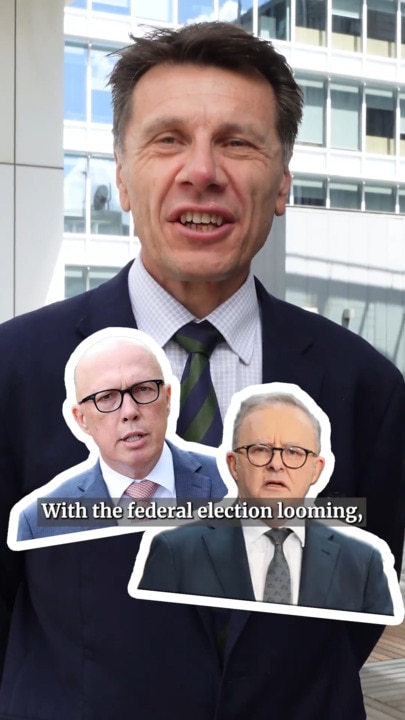
Trump’s tariffs
Asked how he would respond as foreign minister to US President Donald Trump’s tariff regime unveiled on Thursday morning, Mr Downer said Australia might get some relief in some sectors over time and cautioned against “very foolish” reciprocal tariffs.
“I think I would pretty much do what the government has so far done, which is express disappointment and using expressions like: ‘This is not the act of a friend’, I suppose that’s right,” he said.
Mr Downer rejected using the AUKUS nuclear-powered submarine project as a bargaining chip, saying Australia needed to buy US Virginia class submarines “as soon as we possibly can”.
“The thing about AUKUS is we desperately need a modernised submarine capacity in Australia. Australian governments since 2007 have just been playing around with that issue. We have to stick with it,” he said.
Mr Tembel said Australia was prone to external economic shocks because it had run a structural budget deficit for years.
“We just had Covid and that had its impact on us. And now maybe we’re entering another period of uncertainty. It’s a lesson that maybe we should have been a little more disciplined in the previous years. And I hope we learn about that for the next external shock,” he said.
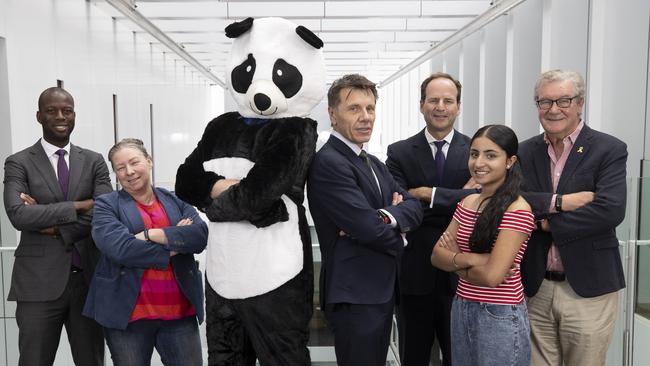
Power bill pain
Mr Downer then urged politicians to tell the truth about renewable energy, arguing wind turbines and solar panels made electricity more expensive.
“I think for me, of this period of time, the worst thing you can say of politicians is the way they have been kidding people that this energy transition is going to create cheaper energy. Anybody who votes for that is a complete fool and they should be honest with people,” he said.
Ms Douglas said her monthly energy bill since taking over the Duke of Brunswick Hotel seven years ago had surged from $3200 to $5600 – despite installing energy-efficient equipment and solar panels.
“They need to come up with some new policy, like in business when something’s not working we get told to pivot, right, and try something different, there needs to be some kind of pivot. The current energy policies at a federal level and a state level aren’t working. In South Australia we pay a very high price for our energy costs,” she said.
Urging all sides of politics to get together to hammer out an energy solution to future-proof the nation, Ms Douglas said 98 per cent of SA businesses were small firms yet they were
being squeezed with increased costs from electricity, rent, insurance, consumables and suppliers.

“They’re all drowning right now. They’ve been drowning for a long time and they’re all working 70, 80, 90 hours a week in their businesses to try and offset the increased labour costs, because that’s the only cost they’ve got control over now. And yet small business doesn’t really seem to be on the federal agenda from either party right now, except in a kind of transitory way,” Ms Douglas said.
Mr Tembel, also the SA Productivity Commission chairman, said the energy and cost-of-living debate seemed to have “an absence of the consequences of government action being explained or maybe even being owned up to”.
“Maybe if our politicians did explain to us … we’re going to make everything green, but be ready for the price impact. Then we make informed decisions and we won’t be upset if all these indirect consequences occur,” he said
“It is so complex but, as an average Australian, I would like to see a degree of bipartisanship on this issue.”
Cost-of-living crisis
Youth Minister Sargunpreet Kaur, an award-winning student, said she was concerned about both climate change and energy costs for future generations.
Asked if young people thought they would ever afford a house, Ms Kaur said: “From what I’ve heard, not many people are looking forward to the future. The cost of living is increasing dramatically. Housing is far off. People are concerned about how they’re going to even buy their groceries. The cost of living is crazy.”
Home Affairs Minister Bruce Djite said governments were racking up debt by spending on infrastructure demanded by the public, which fuelled a housing crisis by stripping workers from the home construction sector, but they were still slapping charges on home buyers.
“Ten years of a 30-year mortgage is paying government taxes, fees, levies and charges. No one’s thinking about that. They’re just thinking, oh jeez, I’ve got a really big mortgage because this apartment I bought or this house I bought is super-expensive,” he said.
Mr Djite urged salary restraint, warning of the risks of a wage-price spiral.
“The best way to kill inflation, no one get a pay rise … There does need to be some real deep thinking about what do we actually want – higher wages, but forever higher costs, whether it’s housing, or groceries, or whatever else. That’s something this country really needs to grapple with,” he said.
Costume panda Yi Lan (pronounced ee-lun) Husk is heading the Department Of Panda Efficiency. Given the Adelaide Zoo panda pair Yi Lan and Xing Qiu were awarded more than $14,000 weekly from the federal budget, Ms Husk is well-placed to scrutinise government expenditure.
Asked if Mr Trump’s tariffs were the act of a friend, Ms Husk said pandas were universally loved. “You can’t look at a panda and feel anything but love and joy. And so I think the extension of that is we have no enemies. So I think by virtue, definitely the act of a friend,” Ms Husk said.
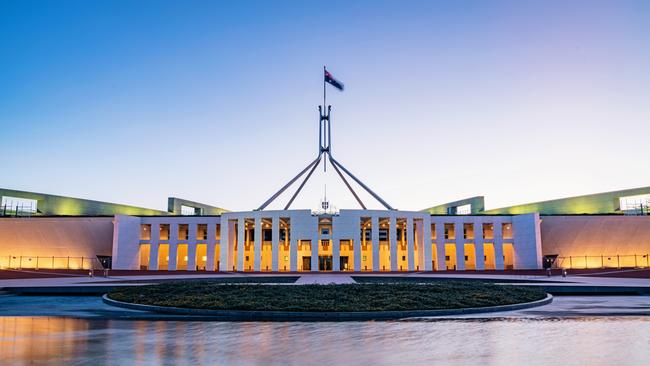
OUR PEOPLE’S CABINET
Foreign Affairs, Climate Change and Energy Minister – The Honourable Alexander Downer, former foreign affairs minister and Liberal Party federal leader
Home Affairs Minister – Bruce Djite – Property Council of Australia executive director SA, former Socceroo
Treasurer – Adrian Tembel, South Australian Productivity Commission chairman)
Small Business Minister – Simone Douglas, publican, The Duke of Brunswick and Port Admiral hotels
Youth Minister – Sargunpreet Kaur, Nazareth Catholic College graduate in 2024 with an ATAR of 99.7, aspiring doctor
Department of Panda Efficiency: Yi Lan (pronounced ee-lun) Husk
Education Minister – Lyn DeGuglielmo, founder and principal tuition consultant for Ace Tuition SA
Health Minister – Steph Malan, former midwife and managing director of The Village Co. charity helping new mums
Transport Minister – Caroline Antonino, owner-operator of Chauffeur Nanny transport service
More Coverage
Originally published as Federal election 2025: The Advertiser People’s Cabinet speaks out on key issues




